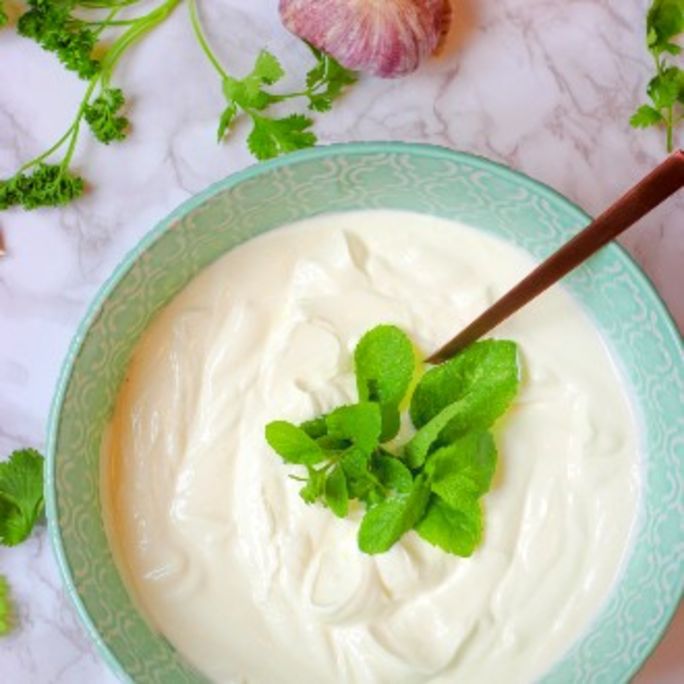Keeping your health in check should always be one of your main priorities and boosting your immune system is a great way to maintain overall health and prepare your body to help fight off infections.
There are several ways to boost your immune system including stress management, diet and exercise – we’ll run through how and why these factors and lifestyle choices can help you improve your immune system in this guide.
The effect of stress on the immune system
Stressful situations can release high levels of the stress hormone cortisol. While small amounts of this hormone help your body deal with stress, too much can harm the immune system making you more prone to infections.
When we’re stressed, many people also turn to unhealthy habits such as drinking alcohol, poor diet and not getting enough sleep – all of which can weaken the immune system.
This is why managing your stress levels to keep them low is important for boosting your immune system.
Some ways you can lower your stress levels are:
- Meditating and breathing exercises
- Yoga
- Making time to relax and do hobbies or things you enjoy
- Managing your time so that you’re not overwhelmed with a high workload
- Avoid stress triggers, such as certain media outlets or prolonged exposure to technology
- Connecting with loved ones
- Adding more vitamins to your diet
- Exercising
- Getting a good night’s sleep
Let’s run through the last three in more detail.
Food and vitamins for the immune system
Adding a variety of vitamins into your diet will help to keep your immune system running at its optimal level and keep your overall health in good shape.
Vitamin C

Vitamin C can strengthen your immune system in three ways:
- It’s a powerful antioxidant, so when added to your diet, it can decrease inflammation and help improve your immune function.
- It promotes the growth and spread of immune cells called lymphocytes, which circulate antibodies that can attack bacteria or viruses in the blood.
- It increases the activity of phagocytes, which are immune cells that can engulf bad bacteria.
Vitamin C also helps your body absorb iron, which can boost your energy levels.
Foods rich in vitamin C include kiwi, oranges, strawberries, grapefruit, broccoli, cauliflower, kale, red peppers, sweet potato, and tomatoes.
Adding these foods into your diet will up your vitamin C levels but be mindful of how much vitamin C you’re putting into your system – while it isn’t harmful, your body can only absorb so much, so adding more doesn’t mean that your body is absorbing more.
Zinc
Zinc helps to maintain a healthy immune system by encouraging the right cells to grow and allowing your immune system to adapt. You can get a good source of zinc from beef, pork, beans, chickpeas, lentils, nuts and seeds.

Vitamin A

Vitamin A helps your body keep its immune system balanced. You can find vitamin A in foods such as sweet potato, broccoli, red peppers and carrots.
Protein
Protein helps to build and repair bodily tissues, including those that support your immune system. You can get a good source of protein from eating lean meat, milk and eggs as well as vegetables such as chickpeas, beans and lentils.

Probiotics and prebiotics

Probiotics are live microorganisms that are considered good bacteria. Eating probiotic-rich foods add good bacteria to your gut, which can stop the growth of harmful bacteria. Some studies have also found that the addition of probiotics can reduce the frequency and duration of respiratory infections.
Many fermented foods are rich in probiotics as the fermentation process supports the growth of good bacteria. Fermented foods include yoghurt, kefir, sauerkraut, kombucha and tempeh.
While probiotic food will add to the good bacteria in your gut, prebiotics act as a fertiliser making good bacteria multiply. You can take prebiotics in a supplement or from eating foods such as bananas, asparagus, onions, leeks and garlic.
Water
While water isn’t a vitamin, it is important.
When our bodies are trying to fight infection, they use up more water than usual. Drinking water (up to 2 litres a day) can help flush bad bacteria through your system and keep your fluid levels up.
Exercise and the immune system

Exercising regularly is good for maintaining a healthy weight, lowering blood pressure and building muscle, but how does exercise help our immune system?
Physical activity increases the rate and depth of your breathing, which can help to flush harmful bacteria out of the lungs. Exercise is also a stress reliever as it can slow down the release of stress hormones.
With this in mind, it’s a good idea to exercise regularly. This could be in the form of a daily walk, a run every other day or home workouts.
Sleep and the immune system
While you sleep, your immune system releases a type of protein called cytokines, which are needed to help fight infection and inflammation. Not getting enough sleep can decrease the production of cytokines. To support the production of cytokines, it’s recommended that you get at least 7-8 hours of sleep per night.

And there you have it.
Remember: boosting your immune system will only help protect and strengthen your body’s defences. However, making sure your immune system is in tip-top condition is ideal for your overall health, and following these tips will help to do so.